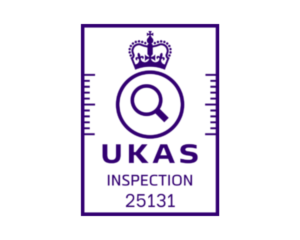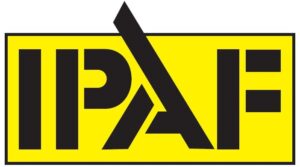As the established trade association and training body for the safety netting and temporary safety systems industry, FASET aims to always keep up to date with the latest news from the building access industry.
We are pleased to share the following story from the Institution of Occupational Safety and Health (IOSH), with comment from Reshma Adkin, an Associate Director at Osborne Clarke, explains how this will impact on businesses.
What does the Retained EU Law Act do?
Although the Retained EU Law (Revocation and Reform) Act represents a significant watering down of the previous versions of the Bill, this new legislation brings major changes to the status of retained EU law (REUL) and the powers of ministers to restate, revoke or replace REUL.
The expansive "sunset" clause previously proposed in the Bill would have seen all EU-derived subordinate legislation (such as secondary legislation made to implement EU directives) and all retained direct EU legislation (including EU regulations) automatically repealed or sunset at the end of 2023, unless it was actively saved. This could have led to a significant amount of health and safety legislation falling away overnight. (For more background on the potential impact of the REUL Bill, see the earlier IOSH blog post from Osborne Clarke's Mary Lawrence on the impact on business requirements around health and safety.)
The REUL Bill gained royal assent in June 2023. The REUL Act replaces this original sunset clause with a detailed sunset schedule (contained at schedule 1). This schedule sets out nearly 600 pieces of REUL that will be sunset at the end of 2023 and contains nothing that will significantly impact on health and safety laws or duties.
As well as providing for the repeal of this legislation in schedule 1 at the end of 2023 (with the power for ministers or devolved authorities to exclude specified legislation by 31 October 2023), the REUL Act:
- provides for the repeal of directly effective retained EU rights and obligations at the end of 2023;
- abolishes the supremacy of REUL in UK law at the end of 2023;
- abolishes the general principles of EU law in UK law at the end of 2023;
- provides for REUL to be renamed "assimilated law" at the end of 2023;
- gives broad powers to ministers to restate, revoke and replace secondary REUL and assimilated law; and
- facilitates the future departure from retained case law by domestic courts.
What does the REUL Act mean for businesses?
Businesses now have some certainty that, in the immediate term, health and safety legislation will stay unchanged and that well established regimes for compliance, including existing Health and Safety Executive (HSE) guidance, will continue to apply in the same way. It is positive that the government has reached a position that allows businesses to forward plan in the knowledge that they won't need to dedicate time and resources to adapting to significant legal changes.
If exercised, the broad discretion granted to ministers to restate, revoke or replace secondary REUL (or secondary assimilated law, as it will be known from the end of 2023) until 23 June 2026 in theory leaves the door open for the government to revisit whether changes should be made to other REUL, including health and safety legislation, and make those changes with little or no parliamentary scrutiny. It is not yet clear how the government will approach these powers and whether it will at any point in the future use them to deregulate in the area of health and safety, but this is an area to monitor closely.
The use of these powers is an unwelcome possibility in light of the latest workplace fatality figures published by the HSE, which indicate that there is still work to be done to bolster health and safety standards and compliance across industry. The statistics show that 135 workers were killed in work-related accidents in Great Britain in 2022-23 (an increase of 12 from 2021-22). They also provide a reminder of the significant reduction in workplace fatalities from the 227 that occurred 20 years ago and 495 in 1981.
The decline indicates that there is, at least, some link between the improvement in occupational safety standards and the increasing robustness of the UK's health and safety regime over this period – of which REUL, including the "six pack" regulations, form a key part. It is, therefore, welcome news that this regime won't, in the short term, be eroded in the way originally envisaged by the draft REUL Bill.
Read more
For more information on the REUL Act, including an analysis of the powers of ministers, how to track what retained EU law is being revoked and the role of the domestic courts, please see Osborne Clarke's recent Insight article on changes to UK law post-Brexit.









